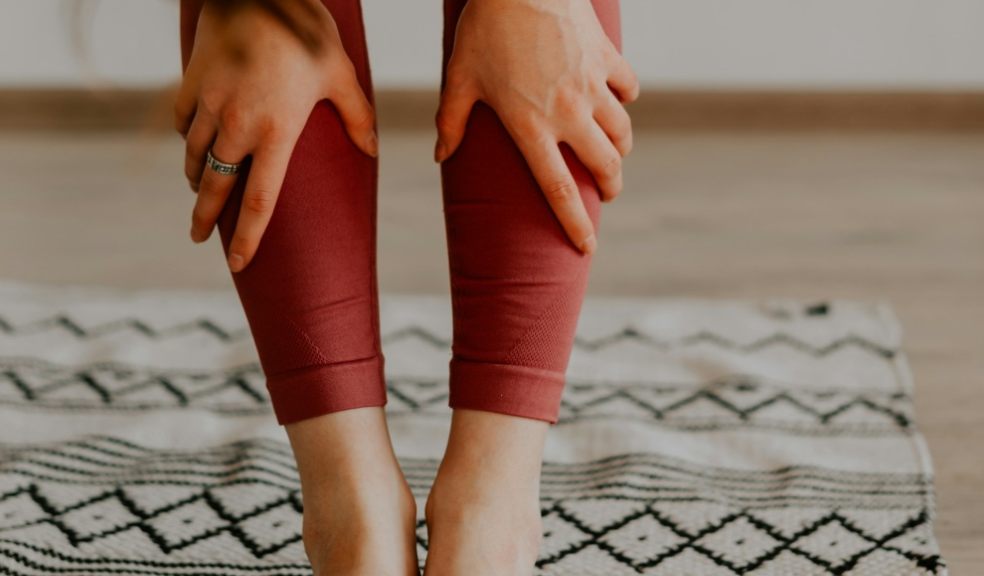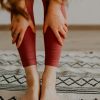
10 questions about varicose veins you always wanted to ask
Varicose veins affect millions of people, yet many don’t fully understand what causes them, how to prevent them, or what treatment options are available. In this article, we answer some of the most frequently asked questions about varicose veins.
1. What are varicose veins?
Varicose veins are enlarged, twisted veins that often appear on the legs. They develop when the valves in the veins weaken, causing blood to pool and the veins to bulge. Learn more about varicose veins and how they develop.
2. What causes varicose veins?
Several factors contribute to varicose veins, including genetics, hormonal changes, pregnancy, prolonged standing, and aging. Weak vein walls and valve dysfunction prevent proper blood flow, leading to vein enlargement.
3. Are varicose veins dangerous?
Most varicose veins are not life-threatening, but they can cause discomfort, swelling, and complications such as ulcers or blood clots. If left untreated, they may lead to conditions such as venous insufficiency.
4. Do varicose veins cause pain?
Yes, they can cause aching, heaviness, cramping, or itching in the legs. Some people also experience aching legs, particularly after prolonged standing.
5. Can varicose veins be prevented?
While not always preventable, regular exercise, maintaining a healthy weight, avoiding prolonged standing or sitting, and wearing compression stockings can help reduce the risk.
6. Are varicose veins a cosmetic issue or a medical condition?
Although some people seek treatment for cosmetic reasons, varicose veins can lead to more serious health concerns like ulcers, swelling, and skin changes.
7. How are varicose veins treated?
Modern treatments are minimally invasive and highly effective. Options include laser treatment, radiofrequency ablation, and sclerotherapy. These procedures close off faulty veins and redirect blood flow to healthier veins.
8. Do varicose veins go away on their own?
Unfortunately, varicose veins do not disappear without treatment. Read more about whether varicose veins can disappear and why early treatment is beneficial.
9. When should I see a doctor about varicose veins?
If you experience pain, swelling, skin discoloration, or ulcers, it’s best to consult a specialist to prevent complications.
10. What should I expect from varicose vein treatment?
Most treatments are quick, require little to no downtime, and provide excellent results. Patients often return to normal activities within a day.
Take control of your vein health today
If you’re experiencing symptoms or concerned about your varicose veins, don’t wait. Book a consultation and explore your treatment options for healthier, pain-free legs.













